Tiger Woods – Legacy and Reputation

Tiger Woods is often referred to as one of the best, if not the best, player in PGA Tour history. Tiger is tied for the most PGA Tour wins with Sam Snead, and currently is second to the great Jack Nicklaus for most Majors won. His entire life is focused on winning – which is depicted in the most recent HBO (2021) documentary “Tiger.” The show is a dark look at Tiger the individual, and not just Tiger the golfer, which has his fans, other professional players, and some media crying foul. People don’t like to see the downfall of someone they cheered for and even emulated. For many years, Tiger was known as a genuine but private person, and a phenomenal golfer and athlete. His reputation was clean, and people knew Tiger was breaking racial barriers in the sport of golf. This was a guy who was and is under a microscope – and the entire world, golf fan or not, was watching him. When his personal life imploded in 2009, the court of public opinion took a hard stand. Companies and people chose to not be associated with someone who cheated on their wife, went into addictive treatment, and disappointed many in the community. When the sex scandal first hit the news, sponsors such as Gatorade and Gillette dropped Tiger as a brand ambassador, as they were aware of the impact the bad press may have on their brand acceptance. And that’s the key – whether it’s public or private corporations, pro athletes or entertainers, nonprofits or NGOs, there is an ardent responsibility (some would say an impossibility) to maintain a near-perfect image to ensure supporters stay aligned with their brands and with the individual. Unfortunately, when the video of Tiger’s DUI arrest surfaced, many who screamed his name on hole 18 were now screaming for other reasons. Fallston Group developed and routinely embraces the “15-70-15 Paradigm.” The 15% on each side of the 70% represents the unwavering ambassadors or detractors – in this case, those who will always love Tiger on one end, and those will always dislike him on the other. The 70% in the middle represents the real objective jury in the court of public opinion – those who will “render verdict” about Tiger, his brand, and his decisions, once they learn all the facts. This is generally true for any company or person who finds themselves in crisis. Very simply, reputation leads to trust and trust leads to valuation – and not all currency is financial. It does not matter how many Majors Tiger wins, or how much he donates to his charities – Tiger, at times, realized the diminished trust of his supporters, and that his valuation and reputation has suffered. And, if you’re wondering how much his reputational crisis cost – Tiger lost about $34 million in lost sponsorships according to Bleacher Report (Chriswell, 2011). It has been 12 years since the 2009 sex scandal, and HBO certainly made it clear that the public will determine Tiger’s legacy based on his actions and the inevitable impact. Ironically enough, Tiger is not the only person or entity being judged – since HBO released the documentary, the court of public opinion is again judging, this time it’s HBO, for its depiction of Tiger. Despite how negatively Tiger was positioned in the show, people will still make their own judgement about who Tiger is (and was) – a golfer, a philanthropist, a recovering addict…or maybe all these things. Tiger Woods has learned some hard lessons. Warren Buffet said it best – “It takes 20 years to build a reputation and five minutes to ruin it. If you think about that, you’ll do things differently”. And, as we say at Fallston Group: When all is said and done, what do you want to have said and done. We wish Tiger a speedy recovery so he can continue his life’s journey, filled with peace and happiness.
Does ‘Cancel Culture’ Pose a Threat to Our Freedom?
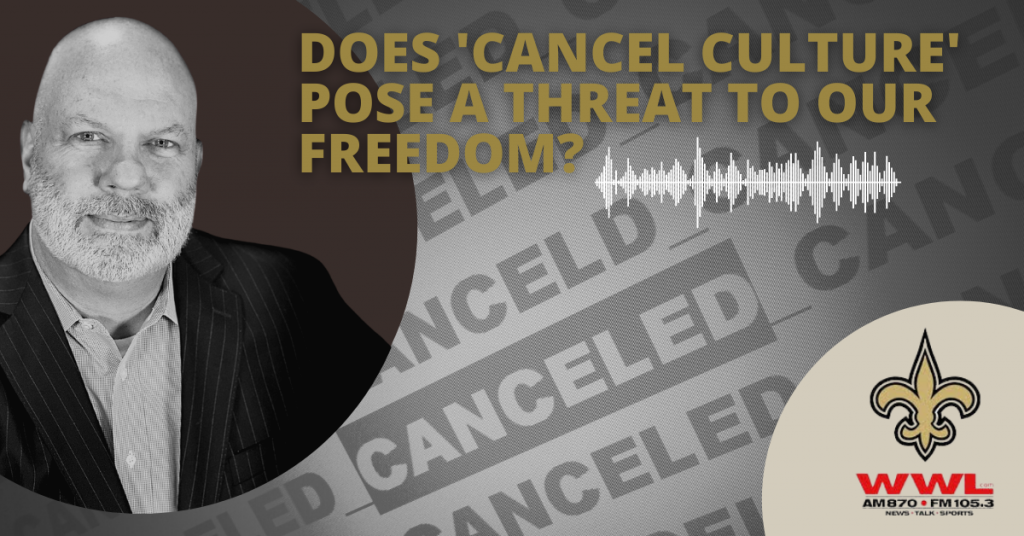
Cancel Culture refers to the popular practice of withdrawing support for public figures and companies after they have done or said something considered objectionable or offensive (Dictionary.com). Rob Weinhold, Fallston Group’s Chief Executive and resident crisis leadership expert was on the air discussing Cancel Culture and how it has affected even the largest and most well-known brands.
Crisis Chat: Honesty is an Interview Best Policy
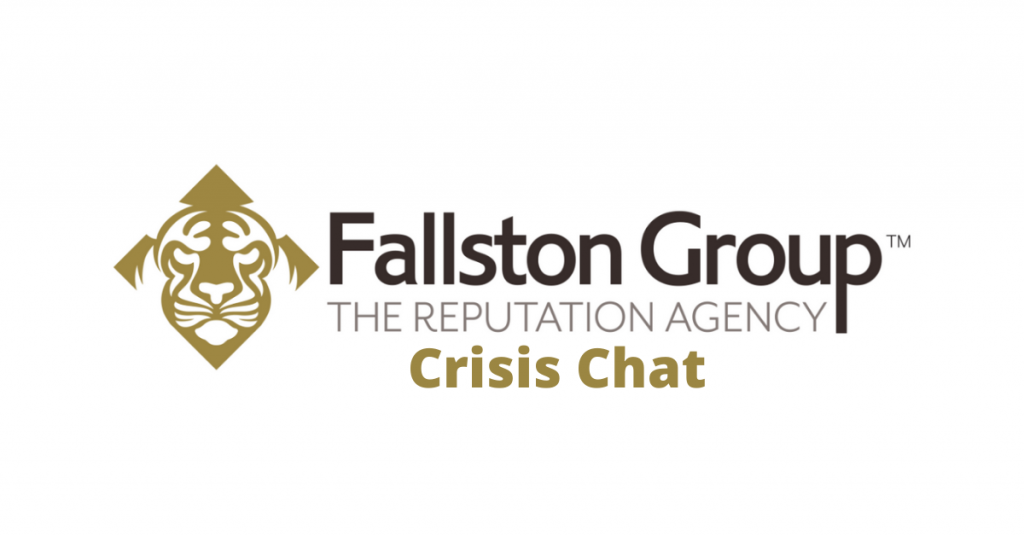
Forbes: Here’s What Executives Need To Know Before Responding To Consumer Protests
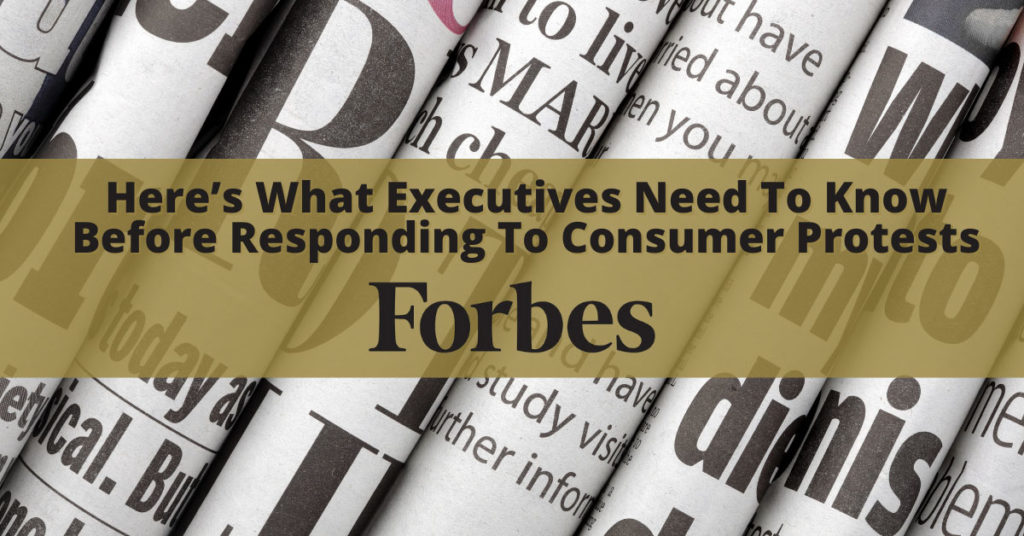
Fallston Group’s Crisis & Leadership Expert and Chief Executive, Rob Weinhold, was recently featured in Forbes, offering insight and perspective on current events. Review the article here.
Dallas Mavericks and The National Anthem
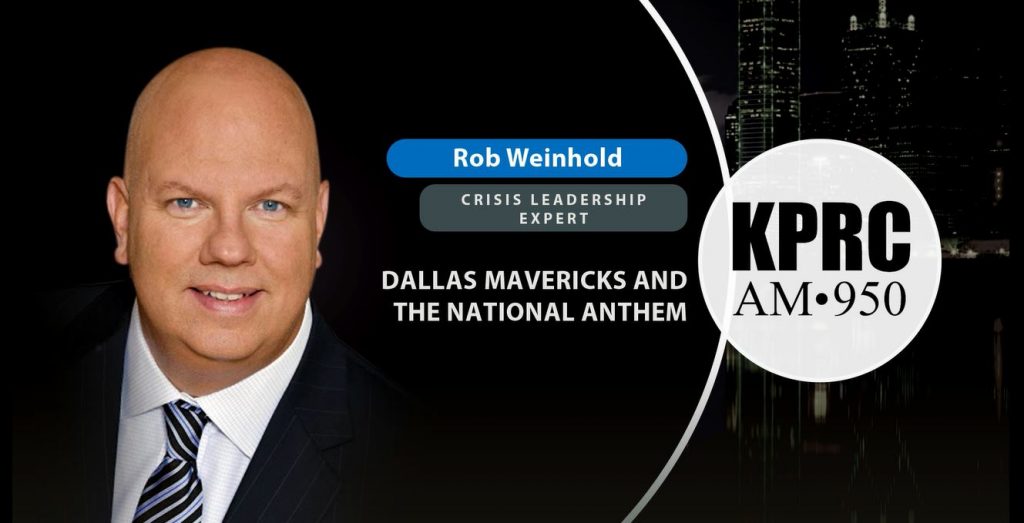
Super Bowl Advertising, a New Perspective
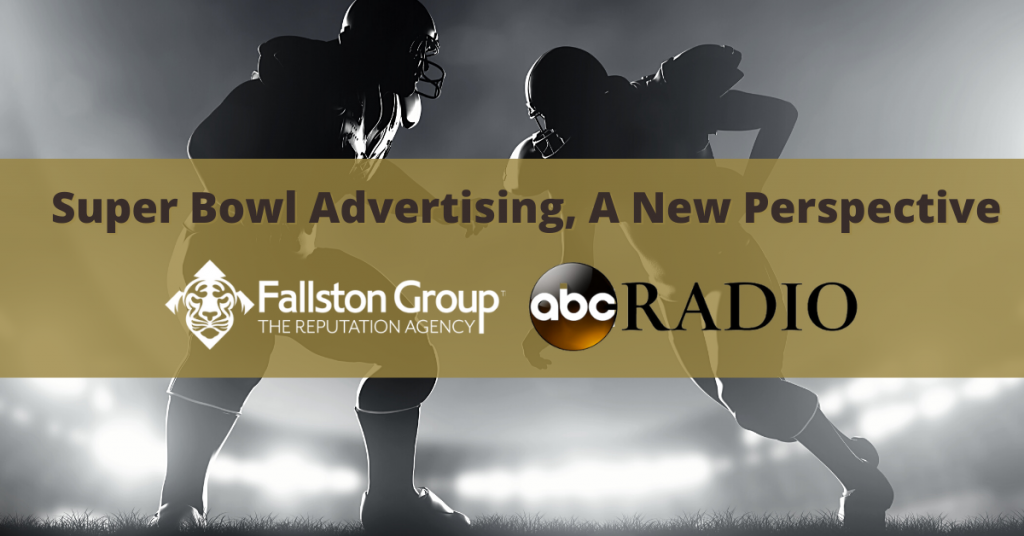
Accountability in Communications
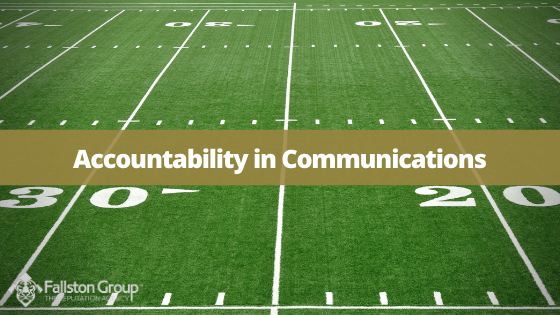
No doubt the pandemic has deeply affected our families, work, the economy, social activity, and of course, our health. In has also affected how companies operate and how they communicate with their customers and the public. Being tone-deaf to what is happening in the world can do tremendous reputational damage to a brand. Many companies recognized this and started to incorporate acknowledgment of the pandemic into their Corporate Social Responsibility programs, and their communications, in mid-2020. And now several major brands are recognizing the need to not only adapt to the societal changes, but also involve themselves by reaching out to the public with pandemic messaging, some of it replacing their existing marketing. Anheuser-Busch, Pepsi, Coke, Audi and others are adjusting, or even eliminating, the holy grail of marketing platforms from their ad schedules: the Super Bowl. And several are donating their ad time to vaccine education and other non-profits. This is an excellent example of following some of the basic tenants of good communications, regardless of the time we find ourselves in. Stay connected to what is happening in society, and with your public. Be authentic and transparent. Deliver value to your audience. Be flexible and adjust when appropriate. Being socially responsible is not only about donating money and involving your employees in cause programs. Corporate Social Responsibility is about being accountable to your stakeholders, the public, and to yourself. It is an awareness of how your brand affects society. Companies need to learn how to “read the room.” Corporate Social Responsibility should be a critical part of a company’s branding efforts and in some cases it can even lead the efforts and serve as the umbrella mission over marketing and public relations, driving the company image. Whatever position your company decides to embrace, the recognition of societal change can be a driver for positivity in your communications and show benefit and value to your publics.
Discussing The (Former) President Being Removed From Various Social Media Platforms
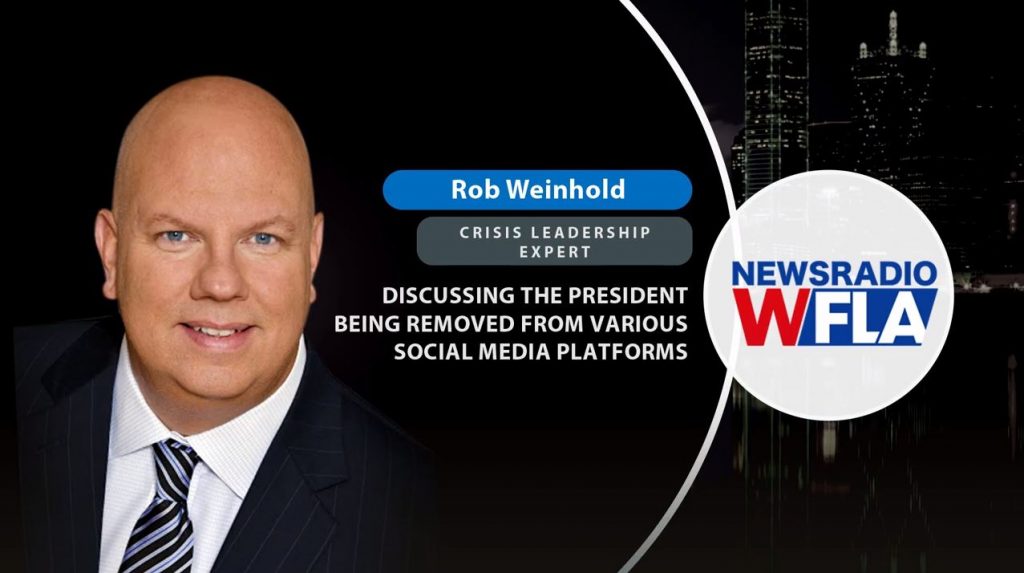
Radio Interview: Discussing Hilaria Baldwin’s Cultural Appropriation Accusations
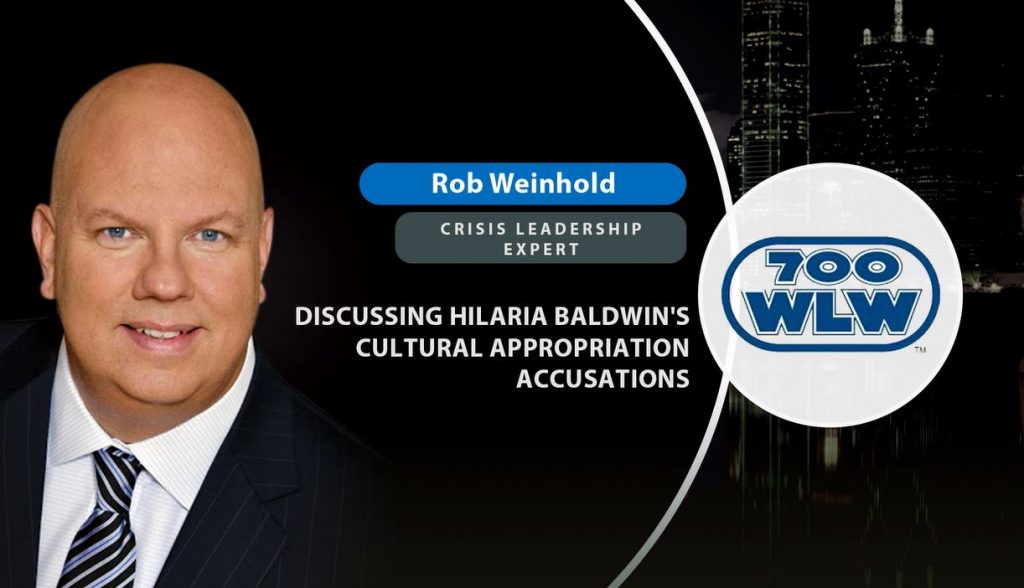
8 Qualities All Crisis Leaders Share
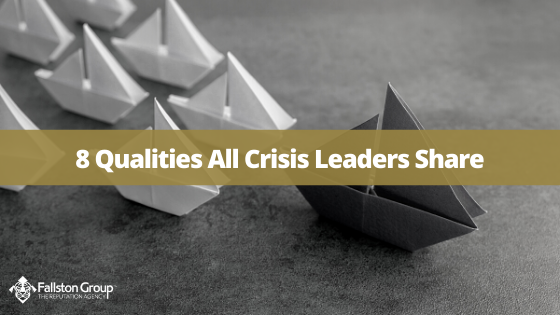
When designating or hiring an employee to be your business’s crisis manager, there is a lot at stake. When selecting, consider one that shares these 8 characteristics.
